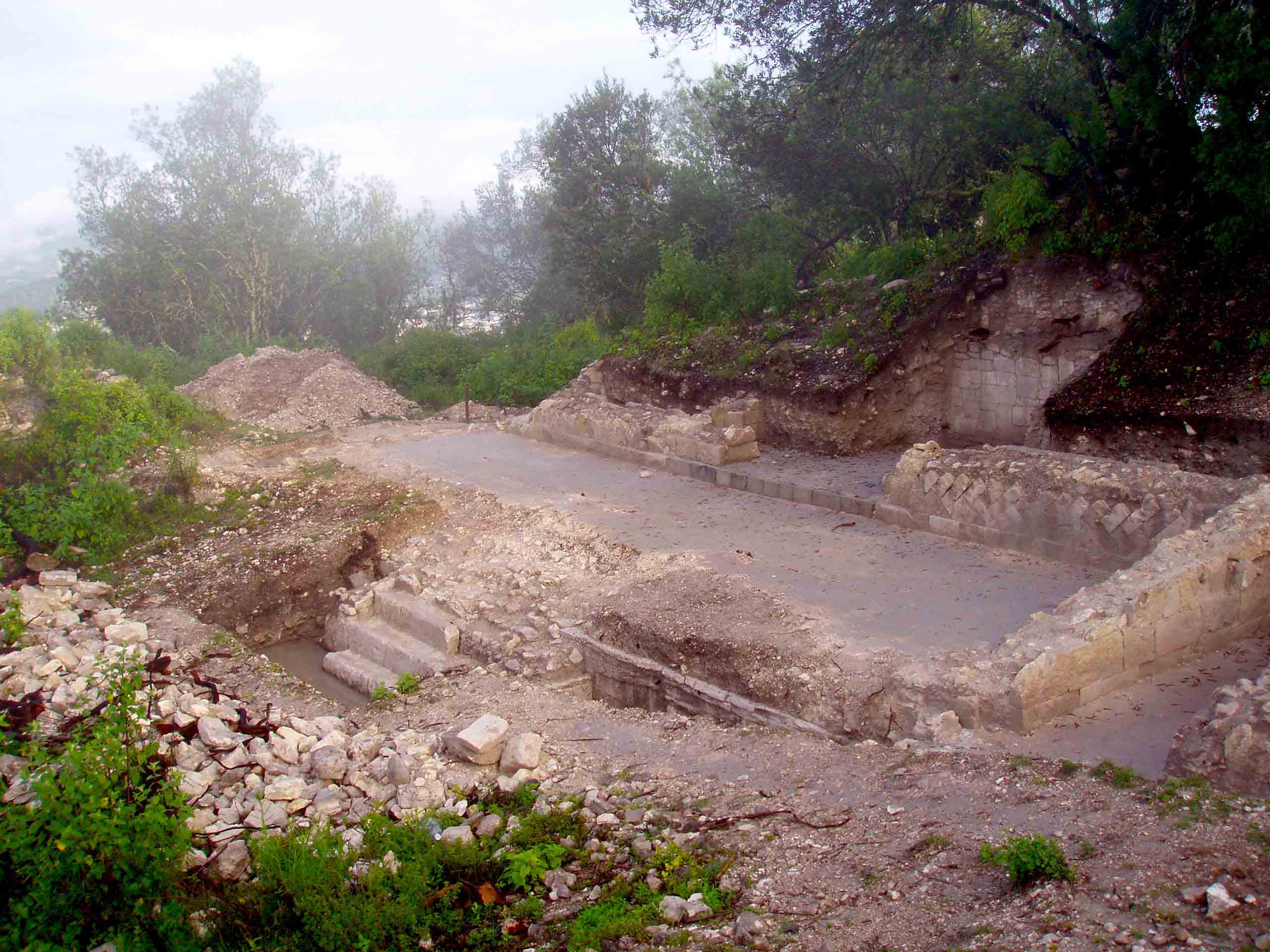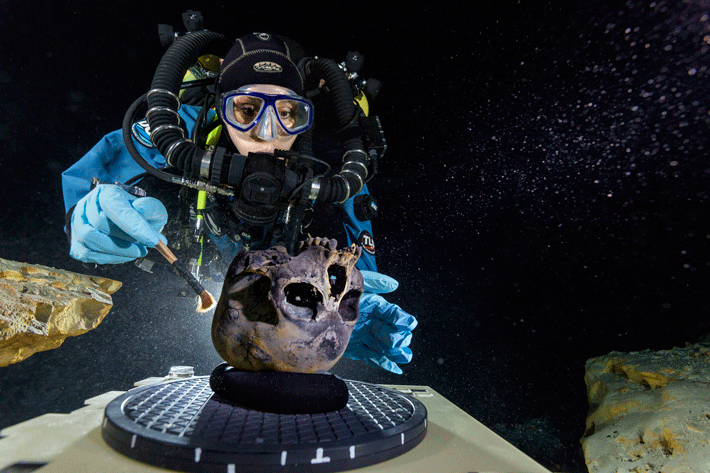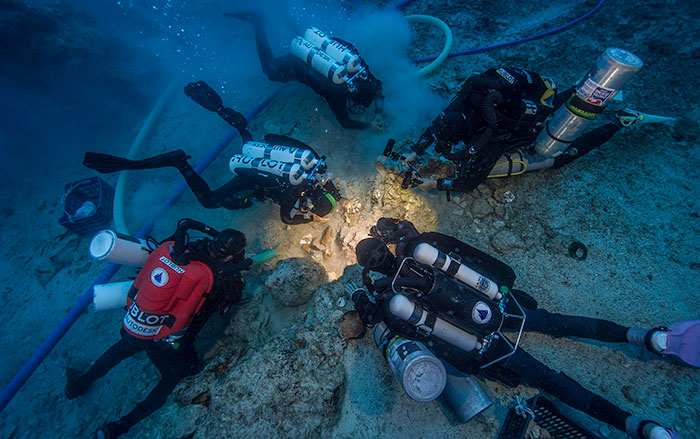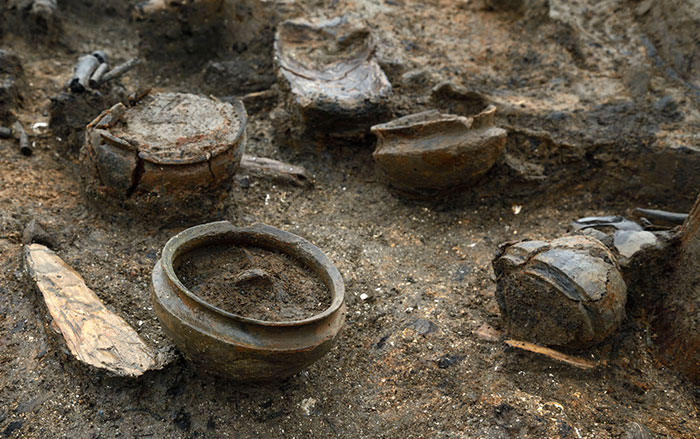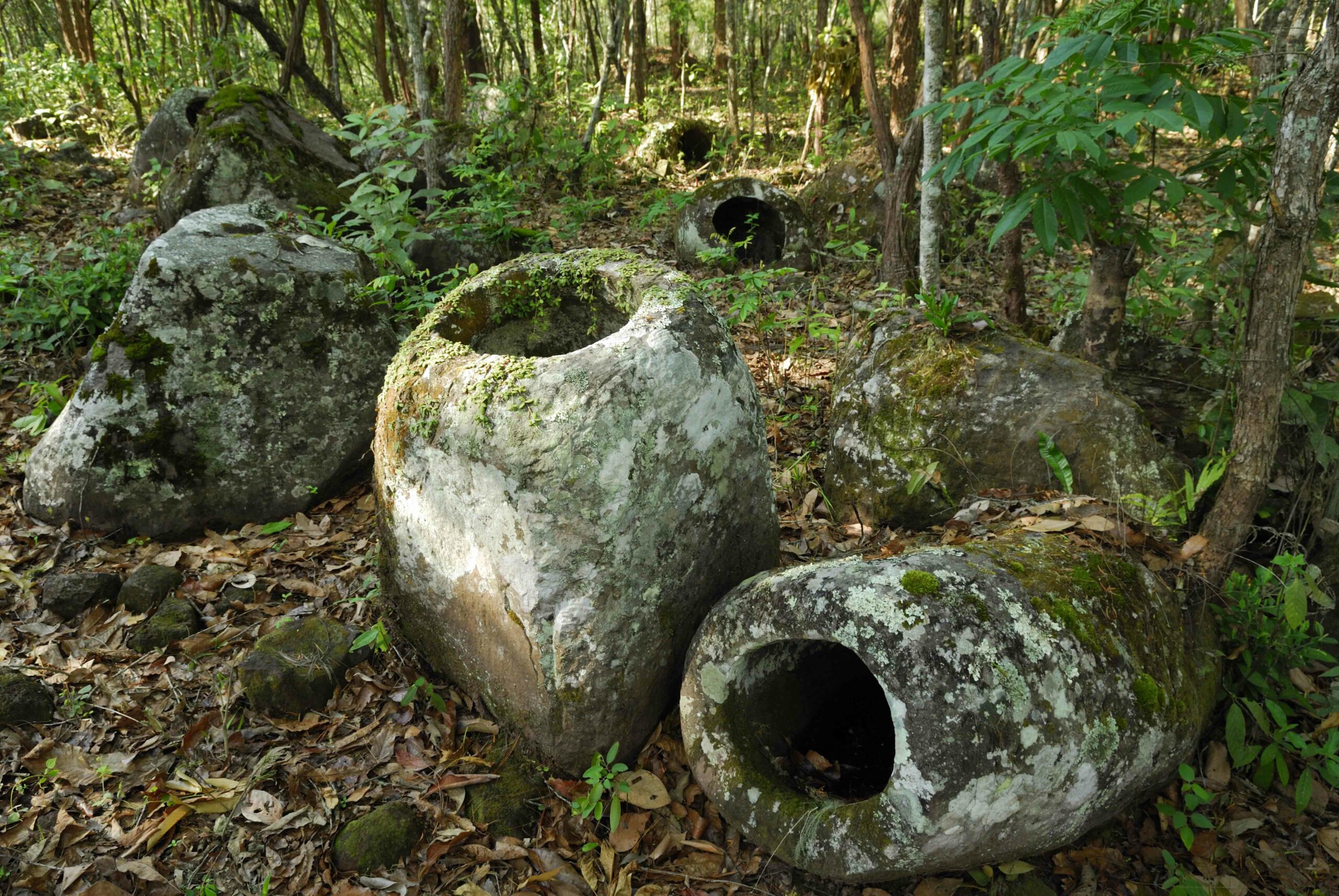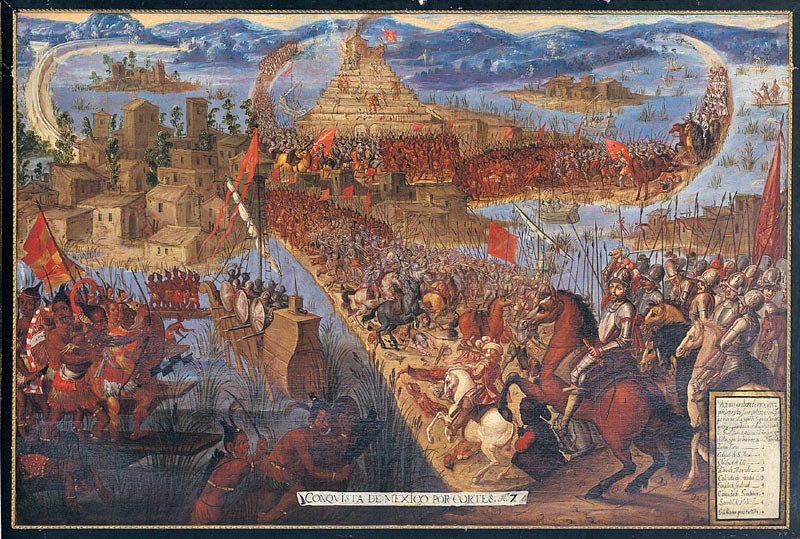
JENA, GERMANY—Nature reports that evolutionary geneticist Johannes Krause of the Max Planck Institute for the Science of Human History and his team think that a rare strain of Salmonella could be responsible for an epidemic that killed as much as 80 percent of Mexico’s population between 1545 and 1550, in the years following the Spanish conquest. The scientists sequenced bacterial DNA obtained from the teeth of 29 people who had been buried in southern Mexico, and compared the samples to a database of more than 2,700 modern bacterial genomes. The DNA recovered from several of the individuals matched that of Salmonella. Further testing suggests the strain is a rare one that today causes enteric fever and can be fatal without treatment. Evidence for the presence of the same strain of bacteria has been found in a woman who was buried in Trondheim, Norway, around the year A.D. 1200. The study suggests that the bacteria may have been carried by Spanish explorers to the New World. To read in-depth about the study of ancient DNA, go to “Worlds Within Us.”


